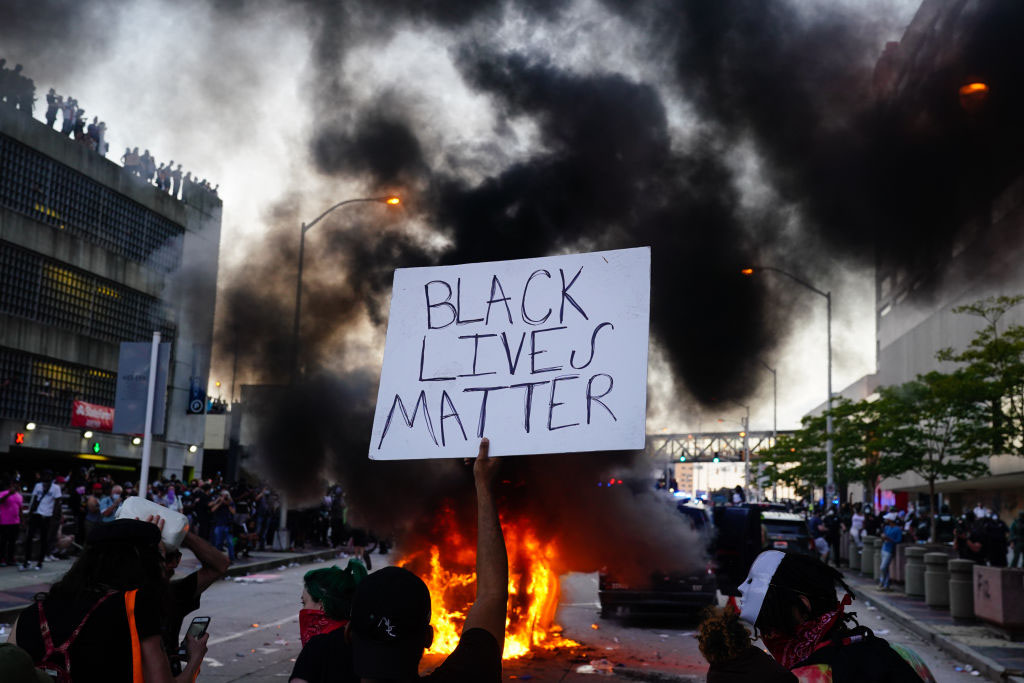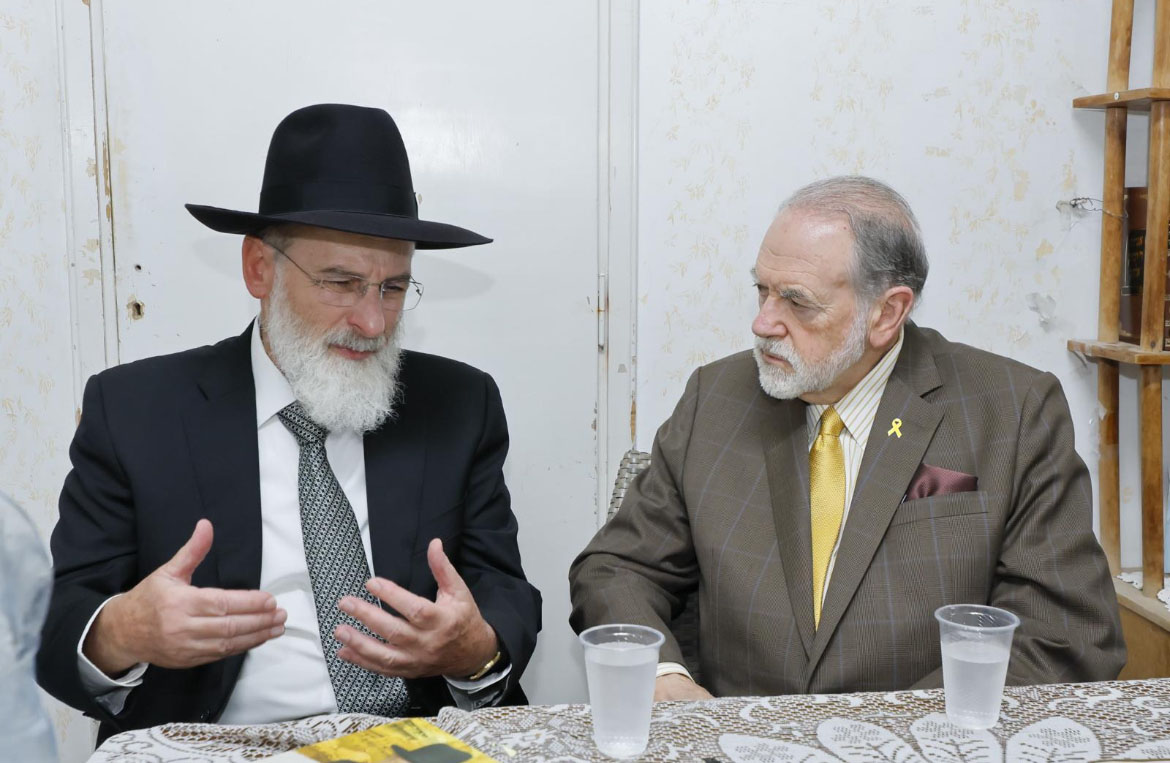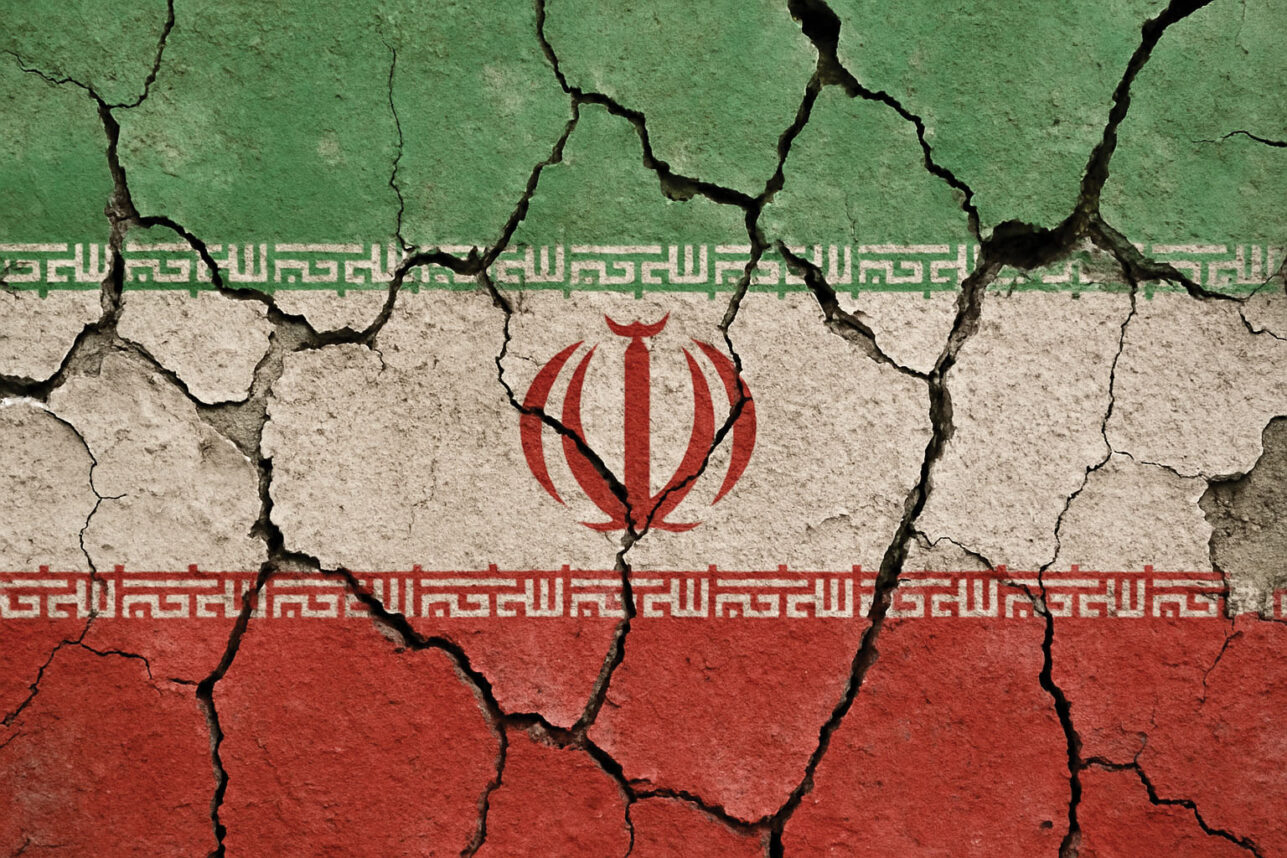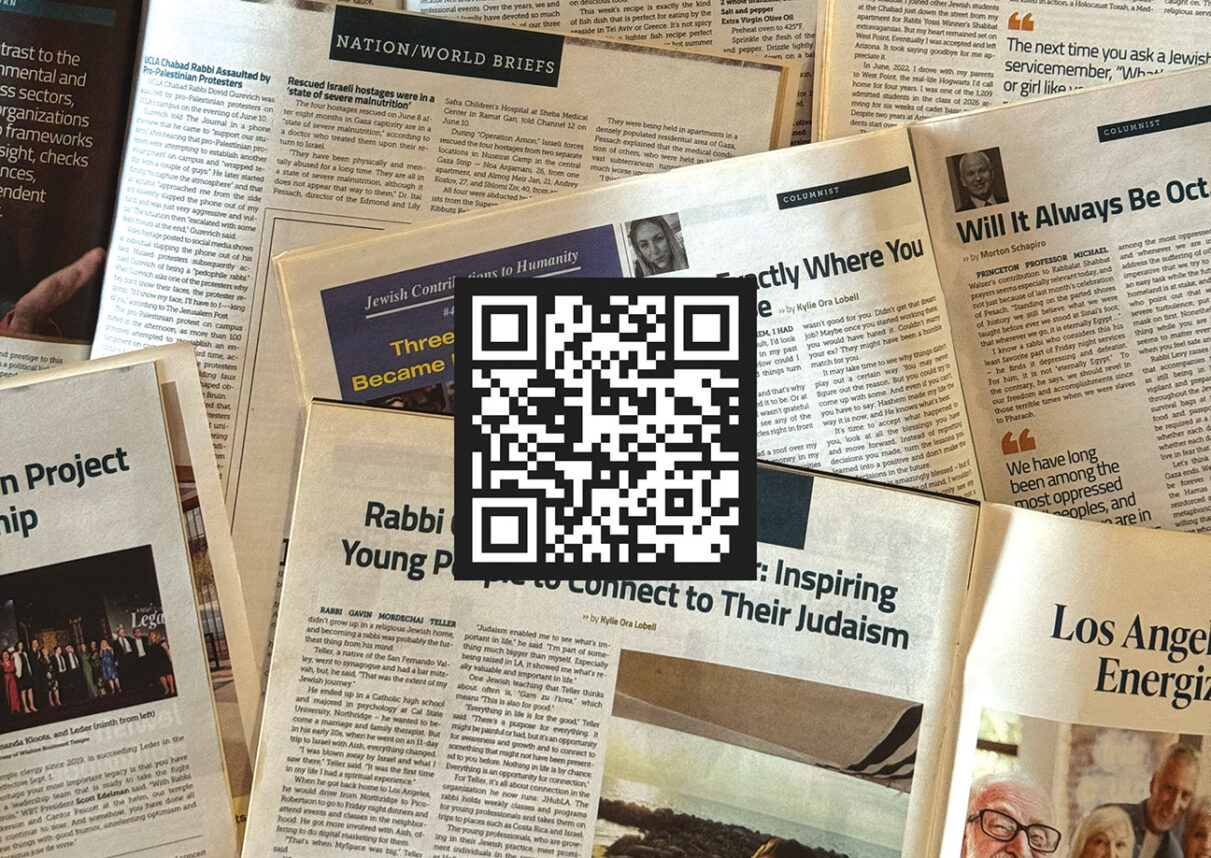When AIPAC convenes its National Summit on Foreign Policy and Politics in Los Angeles, there will be a single factor that unites everyone in attendance: a commitment to strengthening the U.S.-Israel relationship. The singular focus on that goal and the willingness to work tirelessly to achieve it will bring together 1,000 delegates from across the nation, hundreds of energetic college students and more than 20 federal, state and local elected officials.
This strong signal of support for the U.S.-Israel relationship takes place at a time when the world is closely following developments in the Middle East, where both promise and peril loom on the horizon.
Promise exists for the future of an Israeli-Palestinian peace process, thanks to Prime Minister Ariel Sharon’s courageous plan to withdraw from all of Gaza and an area twice as large in the West Bank. In the run-up to the complicated and emotional pullout, which Israel was able to conclude weeks ahead of schedule, Congress passed an important resolution praising Israel for its bold step for peace, and calling upon the Palestinian Authority to fulfill its commitments to fight terrorism.
It remains to be seen if the Palestinian Authority will take advantage of this historic opportunity that Israel has created. Prospects for real progress will dim unless Palestinian President Mahmoud Abbas makes a serious effort to disarm and dismantle terror organizations that have carried out more than 22,000 attacks on Israelis since 2000.
One troubling development has been Abbas’ willingness to allow Hamas to field candidates in upcoming Palestinian legislative elections, even though most democracies ban groups that merely advocate violence from the political process. Including Hamas would be a serious blow to efforts to establish a more credible, democratic Palestinian government and for peace in the region. How could Israel expect to engage in peace negotiations with a government that included officials committed to its destruction?
A bipartisan group of 49 members of Congress — including the entire leadership of the House of Representatives and most of the House International Relations Committee — delivered an important letter to Abbas during his recent visit. In this letter, the lawmakers called for the Palestinian Authority to keep Hamas and other terrorist groups out of upcoming elections, and strongly urged Abbas to make good on his promise to disarm terrorist groups.
Another cause for concern in the region is Iran’s ongoing attempt to develop nuclear weapons in defiance of the international community.
After rejecting an offer by European negotiators to give up its nuclear program in exchange for a generous package of economic and security incentives, Iran broke off the negotiations and restarted its efforts to convert uranium, a key step in developing nuclear weapons. According to the International Atomic Energy Agency (IAEA), Iran has since produced seven tons of the gas, a quantity that a former U.N. nuclear inspector said would be enough for one nuclear weapon.
Iran already possesses missiles capable of striking U.S. soldiers and bases in the Middle East, as well as the territories of American allies, including Israel.
The international community took an unprecedented stand against Iran’s program, following a speech at the United Nations by Iran’s hard-line president, Mahmoud Ahmadinejad, who suggested that Iran may ban arms inspectors from visiting suspected nuclear sites, and expressed a desire to share Iranian nuclear technology with other Muslim countries. The Board of Governors of the IAEA adopted a resolution declaring Tehran in noncompliance with its nuclear nonproliferation obligations and paving the way for a future referral of the issue to the U.N. Security Council.
Meanwhile, with the American Israel Public Affairs Committee’s support, Congress is considering proposals that seek to isolate Iran both economically and diplomatically to slow its efforts to reach its nuclear goals.
The Iran Freedom Support Act, which would attempt to deny Iran the funds to use for nuclear development by tightening sanctions on foreign companies that invest in the Iranian energy sector, has so far garnered the support of more than 300 members of the House of Representatives and 31 senators.
In various ways, members of Congress continue to play a vital role in improving prospects for peace in the Middle East by standing against terrorism and standing with America’s closest ally, Israel.
Both the Senate and the House of Representatives this year overwhelmingly approved foreign aid packages containing $2.52 billion in assistance for Israel. These measures vividly symbolize the United States’ unshakable commitment to Israel’s security and provide her the means to maintain a vital qualitative military edge over her adversaries.
The challenges of today and the ones that lie ahead in the Middle East are real — they make the work that AIPAC is doing in Washington more important than ever.
Thanks to the efforts of pro-Israel Americans like the ones converging in Los Angeles this weekend, the United States will continue to stand by Israel.
Bernice Manocherian is president of the American Israel Public Affairs Committee.


































